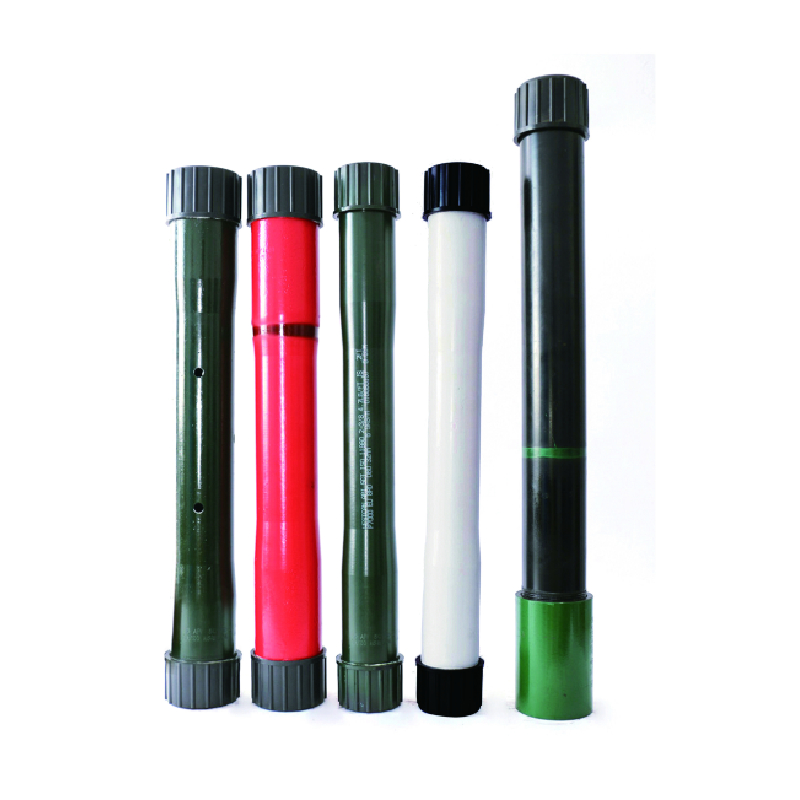- Afrikaans
- Albanian
- Amharic
- Arabic
- Armenian
- Azerbaijani
- Basque
- Belarusian
- Bengali
- Bosnian
- Bulgarian
- Catalan
- Cebuano
- Corsican
- Croatian
- Czech
- Danish
- Dutch
- English
- Esperanto
- Estonian
- Finnish
- French
- Frisian
- Galician
- Georgian
- German
- Greek
- Gujarati
- Haitian Creole
- hausa
- hawaiian
- Hebrew
- Hindi
- Miao
- Hungarian
- Icelandic
- igbo
- Indonesian
- irish
- Italian
- Japanese
- Javanese
- Kannada
- kazakh
- Khmer
- Rwandese
- Korean
- Kurdish
- Kyrgyz
- Lao
- Latin
- Latvian
- Lithuanian
- Luxembourgish
- Macedonian
- Malgashi
- Malay
- Malayalam
- Maltese
- Maori
- Marathi
- Mongolian
- Myanmar
- Nepali
- Norwegian
- Norwegian
- Occitan
- Pashto
- Persian
- Polish
- Portuguese
- Punjabi
- Romanian
- Russian
- Samoan
- Scottish Gaelic
- Serbian
- Sesotho
- Shona
- Sindhi
- Sinhala
- Slovak
- Slovenian
- Somali
- Spanish
- Sundanese
- Swahili
- Swedish
- Tagalog
- Tajik
- Tamil
- Tatar
- Telugu
- Thai
- Turkish
- Turkmen
- Ukrainian
- Urdu
- Uighur
- Uzbek
- Vietnamese
- Welsh
- Bantu
- Yiddish
- Yoruba
- Zulu
bull plug vs hex plug
Bull Plug vs. Hex Plug A Comprehensive Comparison
When it comes to securing and sealing pipes, fittings, and other mechanical components, the choice of plugs can significantly influence the performance and reliability of a system. Two popular types of plugs are bull plugs and hex plugs, each designed for specific applications and exhibiting unique characteristics. Understanding the differences between these two types of plugs can help in selecting the right one for your needs.
Bull Plugs
Bull plugs are characterized by their rounded design, resembling a bull's head. They are typically employed in applications where a smooth, rounded surface is beneficial. Bull plugs are most commonly used in various industries, including oil and gas, water management, and hydraulic systems. Their design allows for easy installation and removal, making them a preferred choice for situations that require regular maintenance or inspection.
One of the key advantages of bull plugs is their ability to provide a tight seal without the need for additional sealing materials. The rounded shape allows for uniform compression against surfaces, minimizing the risk of leaks. Additionally, bull plugs are often made from durable materials, such as brass, stainless steel, or high-density plastics, allowing them to withstand harsh environments and resist corrosion.
However, the design of bull plugs may not be suitable in every situation. Their rounded edges can sometimes make them challenging to grasp, especially in tight spaces. This can hinder their application in specific industrial environments where space constraints are an issue. Furthermore, while bull plugs excel in applications requiring straightforward sealing, they may not provide the same level of mechanical strength as other plug types in heavy-duty applications.
Hex Plugs
bull plug vs hex plug

On the other hand, hex plugs feature a hexagonal shape that allows for easy tightening and loosening with a wrench or socket. This design is particularly beneficial in situations where high torque is needed to secure a plug firmly. Hex plugs are widely used in plumbing, automotive, and industrial applications, often found in valve systems, reservoirs, and compressed gas containers.
One of the main advantages of hex plugs is their superior mechanical strength. The hexagonal shape enables a more secure fit when torqued, providing excellent resistance against vibrations and pressure fluctuations. This makes hex plugs ideal for applications where the integrity of the seal is critical to system performance. Additionally, hex plugs can be designed to accommodate different thread sizes and lengths, offering versatility for various industrial standards.
However, the installation of hex plugs can require more effort compared to bull plugs. The need for tools can slow down the installation process and make maintenance slightly more complex. Furthermore, while hex plugs are robust, improper tightening can lead to stripping the threads or damaging both the plug and the fitting, potentially leading to leaks or system failures.
Making the Right Choice
When deciding between bull plugs and hex plugs, several factors should be considered, including the application requirements, installation environment, and maintenance accessibility. For applications where ease of installation and maintenance are crucial, bull plugs may be more favorable. Conversely, in high-pressure systems or where robust mechanical strength is essential, hex plugs could be the better option.
In conclusion, both bull plugs and hex plugs have their distinct advantages and disadvantages. The choice between them depends on the specific needs of the application, including the required strength, ease of use, and environmental conditions. By understanding these differences, engineers and technicians can make informed decisions that enhance the reliability and efficiency of their systems. Whether you opt for the rounded profile of a bull plug or the mechanical integrity of a hex plug, ensuring a snug fit and proper sealing is paramount for optimal performance.
-
Tubing Pup Joints: Essential Components for Oil and Gas OperationsNewsJul.10,2025
-
Pup Joints: Essential Components for Reliable Drilling OperationsNewsJul.10,2025
-
Pipe Couplings: Connecting Your World EfficientlyNewsJul.10,2025
-
Mastering Oilfield Operations with Quality Tubing and CasingNewsJul.10,2025
-
High-Quality Casing Couplings for Every NeedNewsJul.10,2025
-
Boost Your Drilling Efficiency with Premium Crossover Tools & Seating NipplesNewsJul.10,2025







